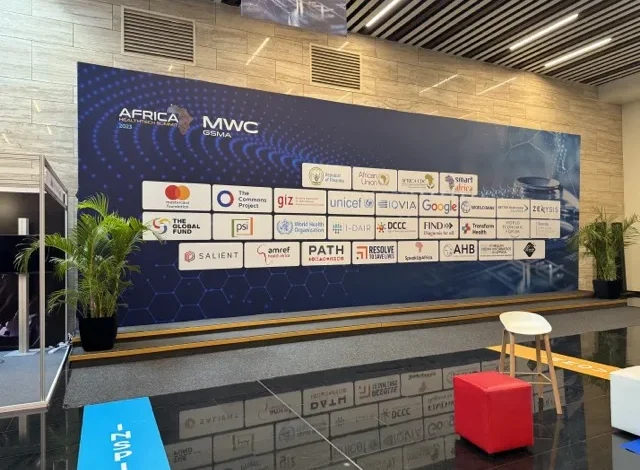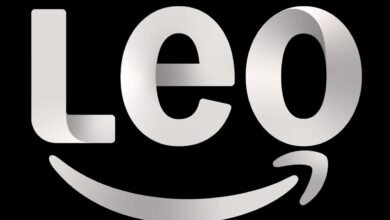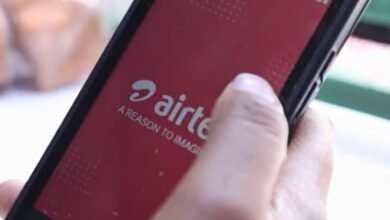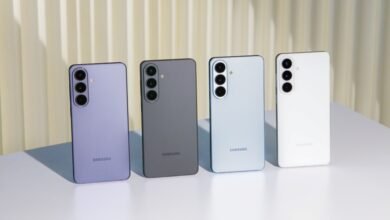
Leading CEOs of six major African Mobile Network Operators gathered at the MWC Kigali conference to explore the potential of deeper collaborations with African governments. Their shared goal: To propel digital inclusion and bolster mobile infrastructure development across the continent.
The CEOs engaged with His Excellency President Paul Kagame of Rwanda, host of MWC and Chair of the Smart Africa board. The Rwandan Minister of Information, Communications, and Innovation, Ms Paula Ingabire, was also in attendance to lend her support.
The commitment was solidified with signatories including Segun Ogunsanya of Airtel Africa Group, Hassanein Hiridjee of AXIAN Group, Frehiwot Tamru of Ethio Telecommunications, Ralph Mupita of MTN Group, Jerome Henique of Orange Middle East and Africa, and Shameel Joosub of Vodacom Group.
The discussions highlighted the significant strides the mobile sector has made towards achieving global and continental objectives. Notably, these include the UN Sustainable Development Goals, Agenda 2063, and Smart Africa’s vision of establishing a Single Digital Market by 2030.
Despite the industry’s investment of over US$70 billion in mobile infrastructure over the past decade, there is a vast connectivity gap. While 85% of the African population now has access to mobile broadband connectivity, 60% (or over 680 million people) remain without active mobile broadband subscriptions.
To realize a fully connected Africa, CEOs believe that considerable political support is essential. The need for a conducive environment for digital infrastructure investment was emphasized, along with the potential of mobile technologies as key catalysts.
Four Key Priorities Identified:
- Inclusive Connectivity: The need for fiscal and policy reforms was underscored. Tax and fees currently account for 30% of industry revenues. Addressing these could lead to more affordability for consumers and enhanced operator investments.
- Investment in Broadband Infrastructure: With the World Bank estimating $100bn to achieve universal connectivity in Africa, the focus is on implementing recommendations from the UN Broadband Commission’s recent report on new financing models.
- Environmental Impact: MTN, Orange, Vodacom, and Airtel Africa have committed to achieving net zero carbon emissions by 2040 and 2050, respectively, with plans to reduce carbon footprints by 50% within a decade.
- Mobile Industry Commitment: The industry’s substantial economic contribution of $170bn to the Sub-Saharan GDP is set to grow, with an additional $75bn investment expected by 2030. This would raise mobile subscription numbers by 200 million, bringing total coverage to nearly 700 million.
To truly realize a connected Africa, the CEOs have made a unified call for renewed and stronger partnerships with African leaders and policymakers. Their message emphasizes the importance of creating policies that foster investment and accelerate the benefits of mobile technology.
The assembly at MWC Kigali demonstrates a joint commitment to harness the transformative potential of mobile connectivity for the African continent. As the CEOs unite in their vision, they invite more African leaders to join them in their mission of championing digital and financial inclusion for all.





